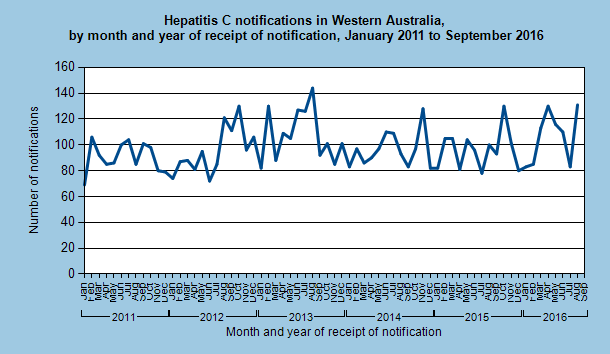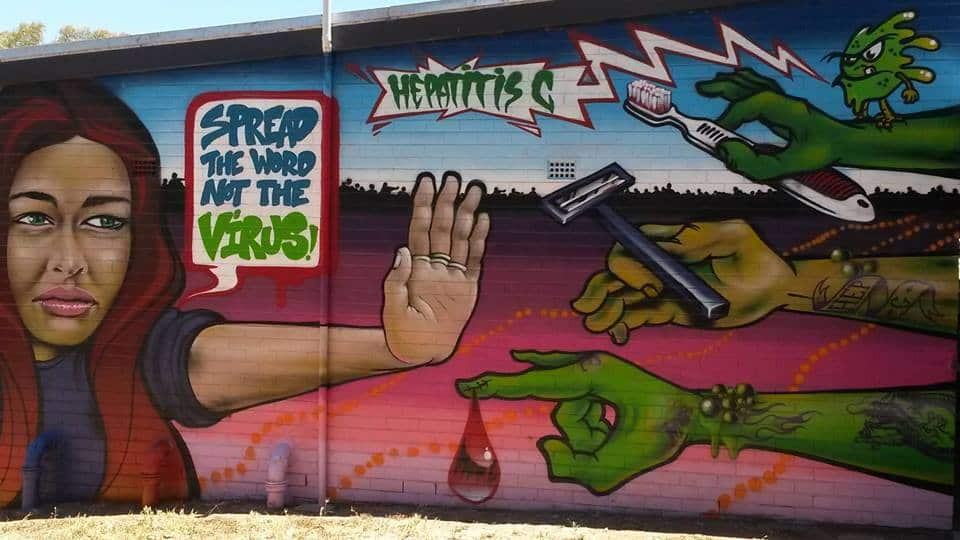The campaign hopes to also reduce the rates of HIV within the community.
Communicable Disease Control director Dr Paul Armstrong has said that testing is important as those who are infected with a blood-borne virus may present as fit and healthy.
"New diagnoses of hepatitis C have been gradually increasing in the Aboriginal population across Australia over the past five years, most commonly in 20 to 49 year olds,” he said.
The rate of Hepatitis C cases in Western Australia reached a 10 year high in 2013, whilst newly diagnosed HIV infections due to drug injecting was higher amongst Aboriginal people than non-Aboriginal people – 16 per cent compared to 3 per cent, respectively.

It is vital to increase awareness among Aboriginal people that by sharing injecting equipment, such as needles, they can make themselves sick and this can impact on their communities.
Those at risk are being urged to get tested so that treatment can start straight away and reduce the impact on their community. There are effective treatments, with few side effects available for both Hep C and HIV which enable those affected to live long and healthy lives.
For more information about blood-borne viruses visit: http://healthywa.wa.gov.au/Health-conditions/Blood-borne-viruses
Head to http://www.hepatitiswa.com.au/ for advice, support and information about living with a blood-borne virus.


